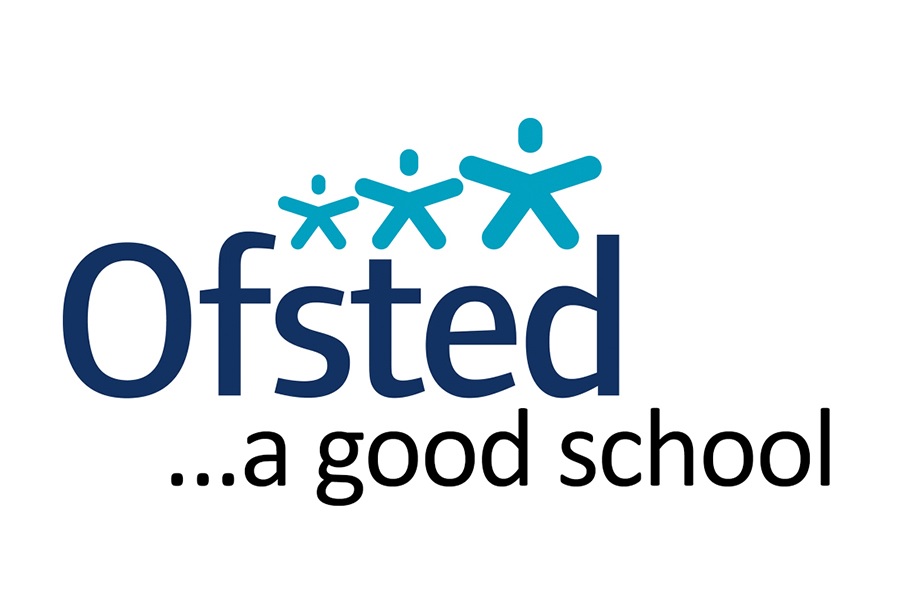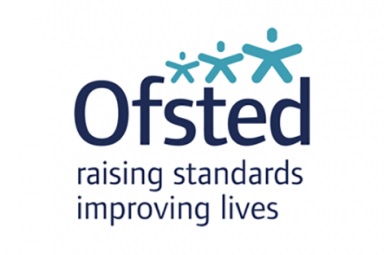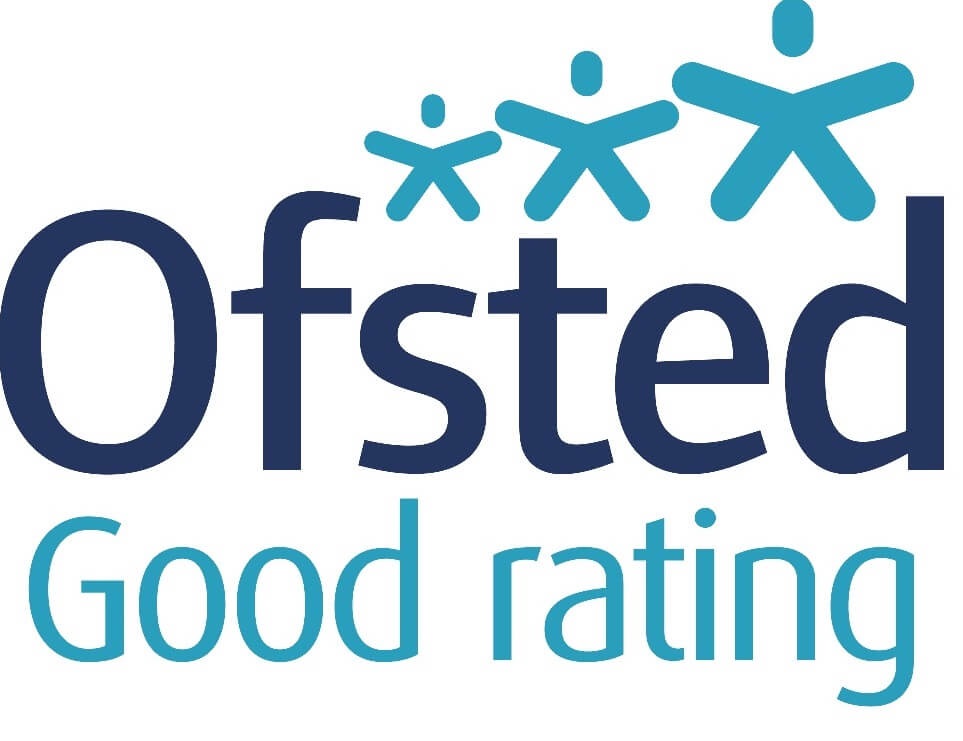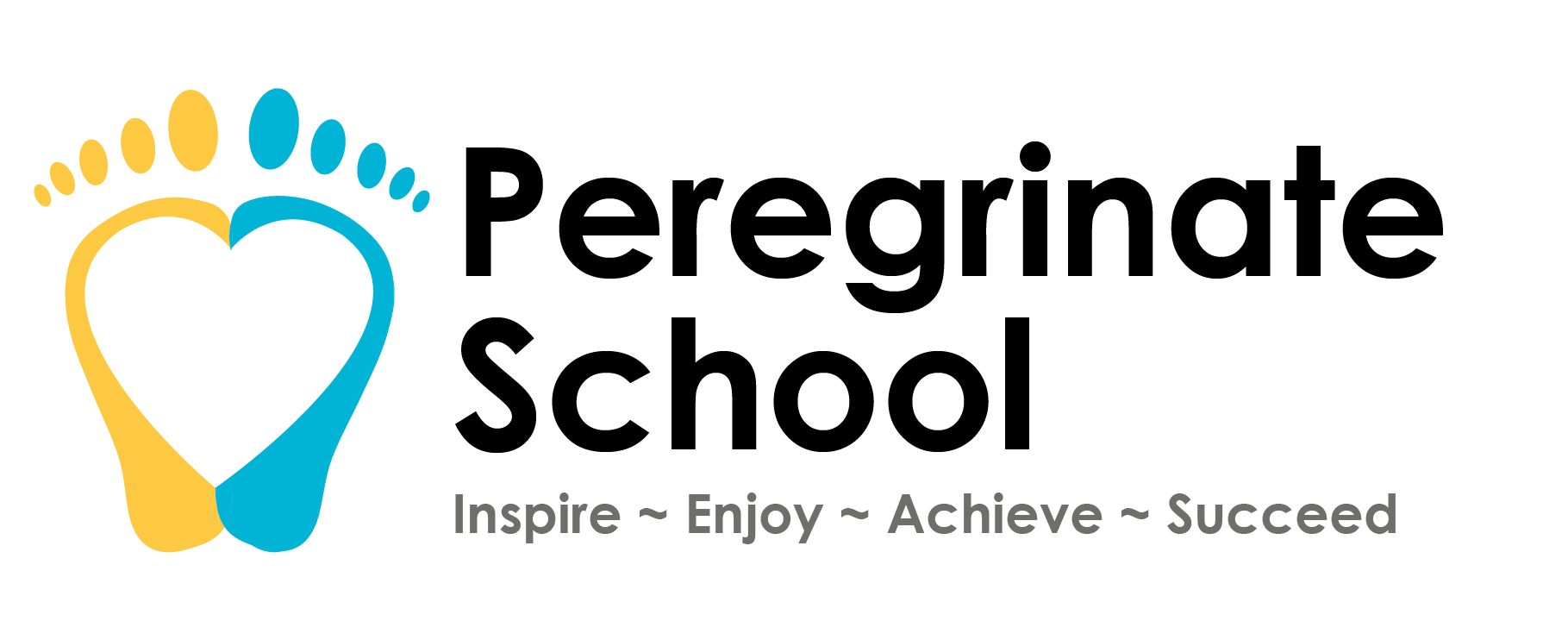11 Jul Read Our Fantastic Ofsted Report
Peregrinate School Receives Fantastic Ofsted Report
Ofsted inspected Peregrinate School between 19th to 21st June 2018 and gave us a Good School rating. We are both delighted and immensely proud at this achievement as it underlines our culture for all of our learners; Inspire ~ Enjoy ~ Achieve ~ Succeed.
Overall effectiveness Good
Effectiveness of leadership and management Good
Quality of teaching, learning and assessment Good
Outcomes for pupils Good
Effectiveness of leadership and management
The proprietor and leaders have ensured that all the independent school standards are met.
The proprietor has a clear vision and passionate commitment to provide the best education for pupils attending the school. This passion and commitment are shared by all members of staff who care deeply for their pupils’ well-being and success.
Leaders’ high expectations of pupils and staff are firmly rooted in the school’s ethos of mutual respect. This ethos provides pupils with a sanctuary in which they nurture strong trust and positive relationships with adults. This enables pupils to learn and succeed.
Leaders ensure that they meet the requirement to provide information for parents, carers and others on request, including those required by the standards relating to the school’s website. Leaders frequently share information to ensure that local authorities and schools who share the registration of a pupil are well informed about those pupils’ attendance and achievement.
The positive feedback from schools and local authority officers who place pupils at Peregrinate Ltd affirms the effectiveness of the work undertaken by school leaders and staff. These professionals recognise the considerable impact that the school staff have on the academic and social development of the pupils. This was typified by a response that compared the school to a ‘learning family’ that nurtured its pupils ‘as their own’.
This is a caring school that promotes fundamental British values effectively. Pupils develop their spiritual, moral, social and cultural understanding well through a range of activities and visits. Pupils visit a variety of museums and locations to learn about topics such as modern slavery, black history month and the commemoration of events such as Remembrance Sunday and the Hillsborough disaster. Pupils learn about a range of faiths, cultures and human relationships through a carefully-planned curriculum that prepares them well for life within British society.
Teachers’ professional development links closely to the school’s priorities. It develops a deep understanding of adults’ responsibilities for keeping pupils safe. Equally, teachers are well trained to teach pupils suitable qualifications that enable them to succeed in their future lives. Good induction processes are in place for staff. Ongoing coaching and mentoring for tutors, following the school’s ‘teaching intern programme’, ensure that staff receive the correct training to help them to meet statutory requirements and do their job well. This includes safeguarding.
The school follows a curriculum that is broad and balanced. It is carefully designed to meet the social, emotional and academic needs of pupils. It provides them with opportunities to develop life skills such as cooking, and the social skills needed to participate positively in wider society, for example developing appropriate behaviours for eating in a range of restaurants. Pupils study a wide range of subjects and vocational skills which equip them with the skills needed to be able to make choices about their future education and training. It is based, where possible, on the national curriculum and allows pupils to achieve nationally accredited qualifications in a range of subjects, including English and mathematics.
The curriculum ensures that pupils undertake frequent physical education activity to develop their physical skills and stamina. Leaders make good use of local sports facilities and a local boxing club to provide a range of sports and activities. Leaders have ensured that pupils have access to outdoor space for recreation during school time. However, this space is limited in size and, although safe, it is not fully developed to provide a stimulating place for pupils to meet or play.
Pupils who are of secondary-school age receive impartial advice and guidance relating to their future careers, with guidance including visits to a wide range of careers fairs and recruitment events. Pupils visit a variety of different further education colleges to learn about the subjects and courses that interest them and to experience others they may not have considered previously. Leaders make good use of their links with employers and apprenticeship providers to provide pupils with a range of workplace experiences where possible.
Leaders ensure that local authorities receive appropriate reports about how fees are used to support pupils placed there by local authorities. They also ensure that they provide appropriate information to contribute to the reviews of the very small number of pupils who are in receipt of an education, health and care plan.
Leaders keep up-to-date records and logs of events within the school, including those that record serious behaviour incidents. These records are detailed, well maintained and include the clear recording of any outcomes, actions or learning points. These records are shared appropriately with authorities when necessary to help keep pupils safe.
The proprietor is heavily involved in the day-to-day management of the school. She evaluates the information that leaders collect during their monitoring activities. The proprietor also verifies the progress made by staff following the school’s teaching internship development programme. Leaders use this information to identify school-appropriate development priorities. However, development plans are not well constructed and do not identify measurable expectations of proposed actions. Consequently, it is not easy for the proprietor or leaders to check if the actions are having the desired impact, particularly on pupils’ learning.
Governance
The governance of the school is effective and has ensured that all the independent school standards are met.
The sole proprietor of the school is the headteacher and she is the only director of the school’s proprietorial company. There is no governing body.
The headteacher works closely and effectively with other senior leaders in school. She has a good understanding of the school’s strengths and weaknesses, which she uses to plan appropriate development priorities and to hold staff to account.
Safeguarding
The arrangements for safeguarding are effective.
The school’s detailed safeguarding policy considers the most up-to-date guidance from the Secretary of State. It is published on the school’s website.
The proprietor ensures that the school meets all the statutory requirements for safeguarding. The suitability of adults to work with pupils in school is checked effectively before staff take up their appointments.
Effective systems ensure pupils’ safe and appropriate access to the electronic devices. Access to the internet is limited and effective systems are in place to ensure appropriate monitoring and filtering are in place. Child protection records and safeguarding information are fit for purpose, detailed and stored securely to ensure confidentiality. Information about concerns is shared swiftly with the appropriate authorities.
All staff are highly vigilant and trained effectively to protect pupils from potential safeguarding risks, including radicalisation and extremism. Leaders’ frequent briefings ensure that staff are kept up to date and that staff have a deep understanding of the risks to each individual pupil.
Quality of teaching, learning and assessment
Teachers have high expectations and good subject knowledge, particularly in vocational subjects such as hairdressing. This is because they have professional experience and expertise in the vocational subjects taught in the school. Teachers use their knowledge well to plan sequences of activities that capture pupils’ interests and systematically build their skills and knowledge. However, on occasions, the teaching of syllabuses linked to vocational awards limits the opportunities for most able pupils to develop their knowledge and understanding at greater depth.
The work in pupils’ books shows that teaching is planned in sequence, particularly in English and mathematics, where it builds well on pupils’ prior learning and allows them to succeed. Teachers use carefully chosen modern texts from a variety of genres to promote pupils’ love of reading and their literacy skills. These texts include adaptations of classic literature, such as Shakespeare’s ‘Richard III’, alongside more contemporary texts such as the local daily newspaper.
Practical activities are used well and are carefully chosen to develop pupils’ literacy, mathematical and vocational skills. Expert staff teach courses in hair and beauty, construction, and retail and business and make good use of practical experiences to bring the subjects to life. For example, the working hair salon allows pupils to learn about the subject by undertaking realistic practical activities.
Teachers also make good use of links between subject areas to maximise learning. For example, as part of an art project on the use of decoupage to decorate flowerpots, pupils also studied the mathematics and business methods involved in calculating profit margins and discount rates.
Pupils’ confidence and self-esteem flourish because of the strong relationships that they have with their teachers and teaching assistants. Staff care deeply for their pupils and ensure that the atmosphere in school is one that encourages pupils’ trust and respect. Teachers and teaching assistants respond quickly and effectively to pupils’ emotions, which can change rapidly. As a result, pupils become more motivated and participate well in their learning. Sometimes, however, teachers do not consistently apply the school’s policies on challenging pupils’ use of inappropriate language.
Personal, social, health and economic education is taught well using a variety of high-quality resources that are used sensitively by teachers to develop pupils’ understanding. For example, in a session about the concept of consent, relating to sex, some pupils maturely discussed the effects of alcohol and other substances on the ability of a person to give consent. This was because of the well-considered and sensitive nature by which the project was introduced by the teacher. The teacher also set clear and consistently reinforced expectations about confidentiality and the respect expected of pupils for others’ points of view.
Teachers check the accuracy of their assessment through regular moderation activities and by using the expertise of the headteacher, who is an experienced and qualified verifier and assessor trainer for the vocational awards studied.
Staff also frequently share academic and social and emotional assessments through regular end- and beginning-of-day briefings with each other. As a result, individual pupil records contain detailed information about pupils’ current attainment and progress. However, current whole-school assessment records contain more limited information about the progress and attainment made by pupils. This limits the ease by which leaders can monitor the impact of teaching across the school and over time.
Personal development, behaviour and welfare
Personal development and welfare
The school’s work to promote pupils’ personal development and welfare is good.
Pupils overcome many obstacles to their learning, especially those relating to their self-esteem and behaviour. This is because of the school’s supportive ethos and the quality of support and teaching provided by staff. As a result, they reignite their engagement in education and commit to their studies.
Pupils value their excellent relationships with staff. As a result, they respond well to the guidance teachers and other adults give to them about how to improve their behaviour and academic and social skills.
Visits to a wide range of cultural and social experiences promote pupils’ understanding of the diversity of wider British society. These visits include enjoying formal meals in restaurants. Pupils visit a range of museums. These visits link to their studies of black history month and modern slavery. As a result, pupils are well prepared for life in modern Britain.
Personal, social, and health education lessons ensure that pupils know how to adopt a healthy lifestyle and develop budgeting and other life skills.
Pupils know how to keep safe in school and the community because of the quality of teaching that they receive. Pupils study a detailed programme of activities that develop their knowledge and understanding of appropriate behaviours and relationships well. This includes understanding the concept of consent. However, some pupils do not demonstrate the maturity to show that they fully understand these concepts.
Pupils receive good-quality careers guidance from a range of sources. Leaders use links with some of the schools who send pupils to them to access careers guidance. Additionally, all pupils visit a wide range of colleges and employers to explore future options. Pupils attend recruitment and careers events around the city of Liverpool and are supported well by staff in their applications for college places, employment and apprenticeship training positions. As a result, pupils have high aspirations and can make informed choices about their future education, employment or training. Nearly all pupils leaving the school at the end of its first year of operation have already secured places to enter education, employment or training.
Behaviour
Pupils say that they feel safe in school and demonstrate an understanding of the different types of bullying. Pupils who spoke with the inspector found it difficult to recollect or identify acts of bullying and were confident that if it did occur that staff would swiftly and effectively address it.
Nearly all pupils had low rates of attendance or had been excluded from their previous schools or placements. The trust that is established between teachers and pupils, the provision of transport from home to school and the persistence of staff encouragement for pupils to attend has paid some dividends. As a result, pupils’ attendance in school rapidly improves compared to their previous educational establishments. However, the rates of pupils’ attendance, even though improving, are still low and well below national averages.
Pupils’ conduct is often good around the school. They show tolerance for others, including those belonging to groups identified as having protected characteristics. Pupils typically show good respect for staff, particularly the headteacher, who they view as a matriarchal figure. However, on occasions, pupils’ specific behavioural needs overwhelm them and their behaviour deteriorates rapidly. Staff deal with these outbursts well. As a result, the number of exclusions is very low.
Pupils try to contain their use of inappropriate and vulgar language while in school. However, inconsistencies by staff in the application of school policy means its use is not consistently challenged. Consequently, incidents of pupils using inappropriate language remain too frequent.
Outcomes for pupils
Pupils enter the school often as a last chance to achieve after long periods of time out of education or following exclusion for serious offences. Pupils develop well in school and make rapid progress from their starting points. They achieve academic qualifications and develop more positive behaviours and social skills.
The school has only been operating as a registered school since November 2017. Consequently, there are no historical outcomes for the school.
Pupils have good basic skills in literacy and can communicate effectively and with confidence. Pupils have good basic number skills and can apply them to solve mathematical problems. For example, pupils were able to apply their mathematical skills to calculate profit margins and discount rates while preparing a business model for a small cottage industry in flower pot decorating.
Pupils make good progress in overcoming their reluctance to read and quickly improve their reading skills. They become confident readers because of effective support and the appropriate resources provided for them.
Pupils complete work experiences, where appropriate, that link closely to their personal interests and builds on vocational studies in school, including work in local hair salons, retail outlets and other local businesses.
All pupils leave the school with nationally accredited qualifications in a range of subjects, including English and mathematics. Vocational studies are carefully promoted to seize pupils’ interests and provide them with appropriate qualifications to continue in education, employment or training. As a result, nearly all pupils have secured a place on an appropriate training course, secured an apprenticeship or a job. The small number who have not, are still finalising their decisions or awaiting the outcomes of applications.
Pupils attain well in vocational qualifications. However, most-able pupils do not have the opportunities to further studies to attain additional credits or higher grades. Consequently, the proportion of pupils who attain higher levels of qualifications are limited.
Visit the Ofsted website here
Click here to download the full Ofsted Report




